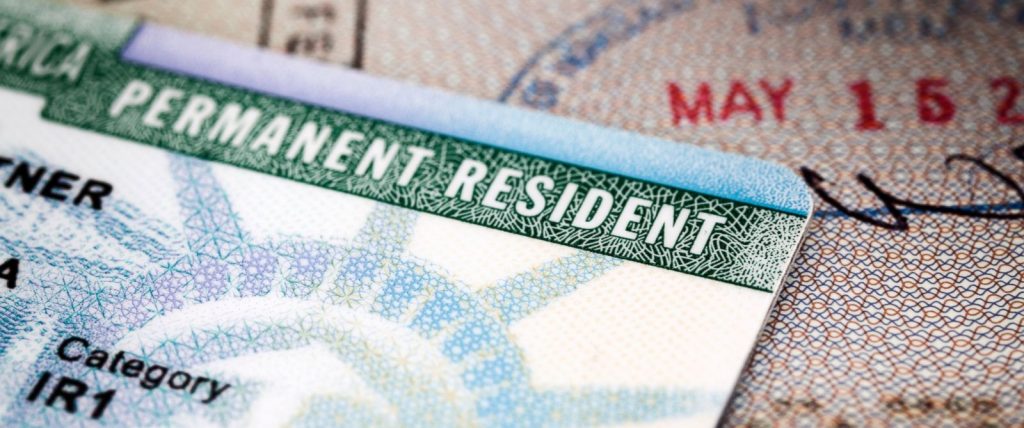Rights of LPRs When Returning from Travel Abroad

Photo from ABC News
By Reuben S. Seguritan
April 12, 2017
The recent strict implementation of US immigration laws has created fear and confusion among green card holders, also known as lawful permanent residents (LPR), on what they should do when they are at the border upon their return to the United States.
There are reports that Customs and Border Protection (CBP) officers have tried to convince LPRs arriving at the border to sign Form I-407 or Record of Abandonment of Lawful Permanent Resident Status. The CBP officer would tell the LPR that he has abandoned his LPR status because he was outside the United States for an extended period of time. The LPR should refuse to sign the Form I-407. There should be no negative effects on the LPR for his refusal to sign the document. If the LPR does sign Form I-407, he can still request a hearing before an immigration judge to determine whether he did abandon his status.
LPRs should not be treated as “arriving aliens” but rather as “returning residents” to the United States. Hence, LPRs have more rights than non-immigrants. At the border, if the CBP officer determines that the LPR has abandoned his status as a resident and refuses to sign I-407, then the CBP will issue the Notice to Appear (NTA) before an immigration judge. The LPR must appear in compliance of the NTA. It is also possible that the CBP officer will confiscate the LPR’s green card. In this case, the LPR should make sure that he has evidence of his status as a resident such as the I-94 card and/ or passport stamp.
LPRs should also remember that they have due process rights. A very important right that the LPRs have is the right to a hearing in front of an immigration judge before the green card can be revoked or taken away.
However, the CBP officer will treat the LPR as an “arriving alien” if any of the following circumstances are present: 1. He has abandoned or relinquished LPR status; 2. He has been absent from the United States for a continuous period in excess of 180 days; and 3. He has engaged in illegal activity after having departed the United States.
The CBP will also treat the LPR the same way as an arriving alien if: he has departed from the United States while under legal process seeking removal of the alien from the United States, including removal proceedings and extradition proceedings; or he has committed a criminal offense or other offense which would warrant his inadmissibility, unless there was waiver of inadmissibility or cancellation of removal, or he is attempting to enter at a time or place other than as designated by immigration officers or has not been admitted to the United States after inspection and authorization by an immigration officer.
The American Immigration Lawyers Association (AILA) has reminded LPRs that they do not lose their status by travelling outside the United States. The LPR maintains his status as a returning resident unless the US government can prove that the LPR clearly, unequivocally, and convincingly abandoned his resident status, and until there is an order of removal which has become final.
Another concern of the LPRs are the searches being conducted at the border. The CBP has the right to conduct suspicion-less searches of persons and conveyances as an exception to the 4th Amendment of the Constitution which guarantees the right of the people to be secure in their persons, houses, papers, and effects, against unreasonable searches and seizures. If the LPR refuses to consent to the search, the CBP may detain the LPR until he consents; or have the LPR arrested for obstruction of justice; or let the LPR go and seize the electronic devices of the LPR. If the LPR is arrested, then he may invoke his right to an attorney and his right to remain silent.
The CBP may take physical possession of an electronic device either (a) when, upon a search of such a device, with or without suspicion of wrongdoing, a CBP officer discovers probable cause to seize it; or (b) when officers have technical difficulties in searching the device, such that technical assistance is required to continue the border search. In the latter case, inability to unlock the device due to the refusal of the LPR to cooperate could be deemed a technical difficulty justifying detention of the device. There is no maximum period for the CBP to detain the device.
